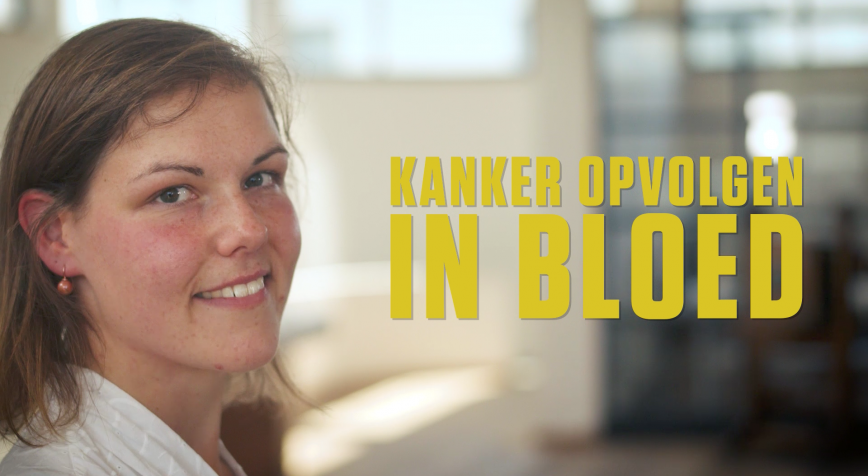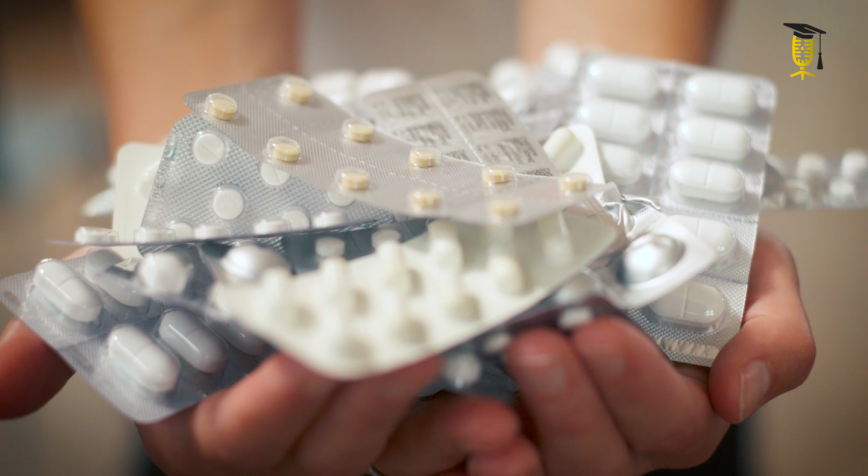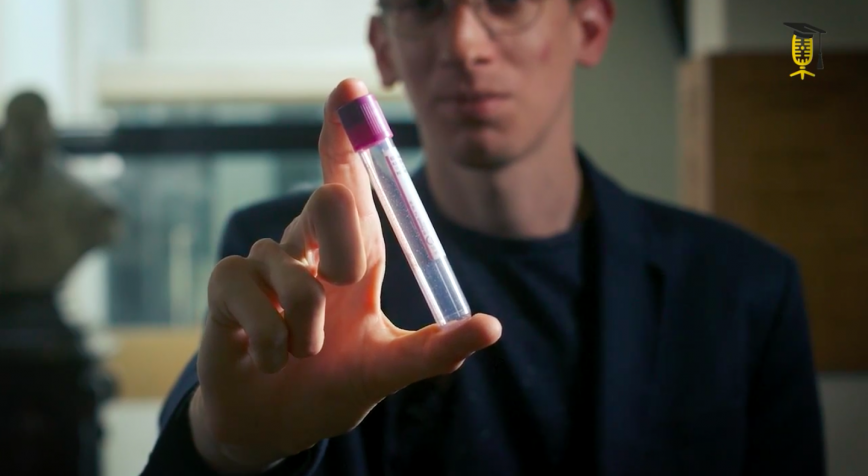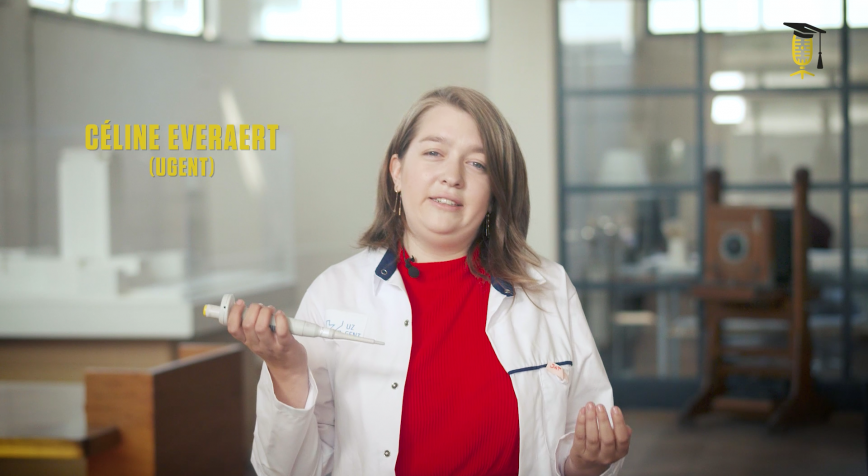
UGent
Monitoring cancer in the blood
Waiting for results after a medical examination often causes stress and uncertainty, especially in cancer patients. That is why Elien De Thaye is working on a method to determine the effect of a chemo treatment on people with peritoneal cancer more quickly on the basis of a so-called marker in the blood.




